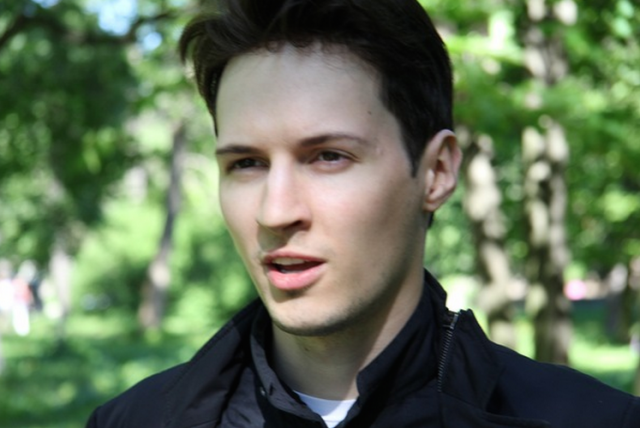
Pavel Durov, founder of Telegram and former CEO of Vkontakte, in happier (and younger) times.
Late this afternoon at a Paris airport, French authorities arrested Pavel Durov, the founder of the messaging/publishing service Telegram. They plan to charge him tomorrow with serious charges related to incitement to terrorism, fraud, money laundering and crimes against children, all stemming from a near-total lack of moderation on Telegram. According to French authorities, Telegram’s encryption and support for crypto have made it the new top tool for organized crime.
French outlet TF1 first reported the news from sources inside the investigation. (Reuters and CNN have since also published stories.) Their source said: “Pavel Durov will certainly end up in pre-trial detention. On his platform, he has allowed countless offenses and crimes to be committed, which he neither moderates nor collaborates with.”
Durov, a 39-year-old who made a fortune building VKontakte, a Russian version of Facebook, before being ousted from his company by the Kremlin, left Russia and started Telegram, which became hugely popular, especially in Europe. He was arrested today as his private plane flew from Azerbaijan to Paris’ Bourget airport.
Telegram has become a crucial news outlet for Russians, as it is one of the few uncensored ways to hear non-Kremlin propaganda from inside Russia. It has also become the main channel for nationalist Russian “milbloggers” who write about the war in Ukraine. Durov’s arrest has already caused outright panic among many of them, partly because of the secrets it could reveal, but also because it is often used by Russian forces to communicate.
As Rob Lee, senior fellow at the Foreign Policy Research Institute, noted tonight, “A popular Russian channel claims that Telegram is also used by Russian forces to communicate, and that if Western intelligence agencies gain access to it, they could obtain sensitive information about the Russian military.”
Right-wing and crypto influencers are also angry about the arrest, writing things like: “This is a serious attack on freedom. Today they target an app that promotes freedom, tomorrow they go after DeFi. If you claim to support crypto, you need to show your support #FreeDurov it's time for digital resistance.”
Durov seems like an old-fashioned cyber-libertarian who believes in privacy and encryption. His arrest will surely resonate in America, where there has been a similar debate about the extent to which online services should cooperate with law enforcement. The FBI, for example, has occasionally warned that end-to-end encryption will result in a “going dark” problem where crime simply disappears from their sight, and the US has seen repeated attempts to legalize backdoors in encryption systems. All of these have been defeated, however, with civil liberties advocates and technologists generally noting that creating backdoors makes such systems fundamentally unsafe. The global debate about crime, encryption, civil liberties, and messaging apps will surely be inflamed by Durov’s arrest.

